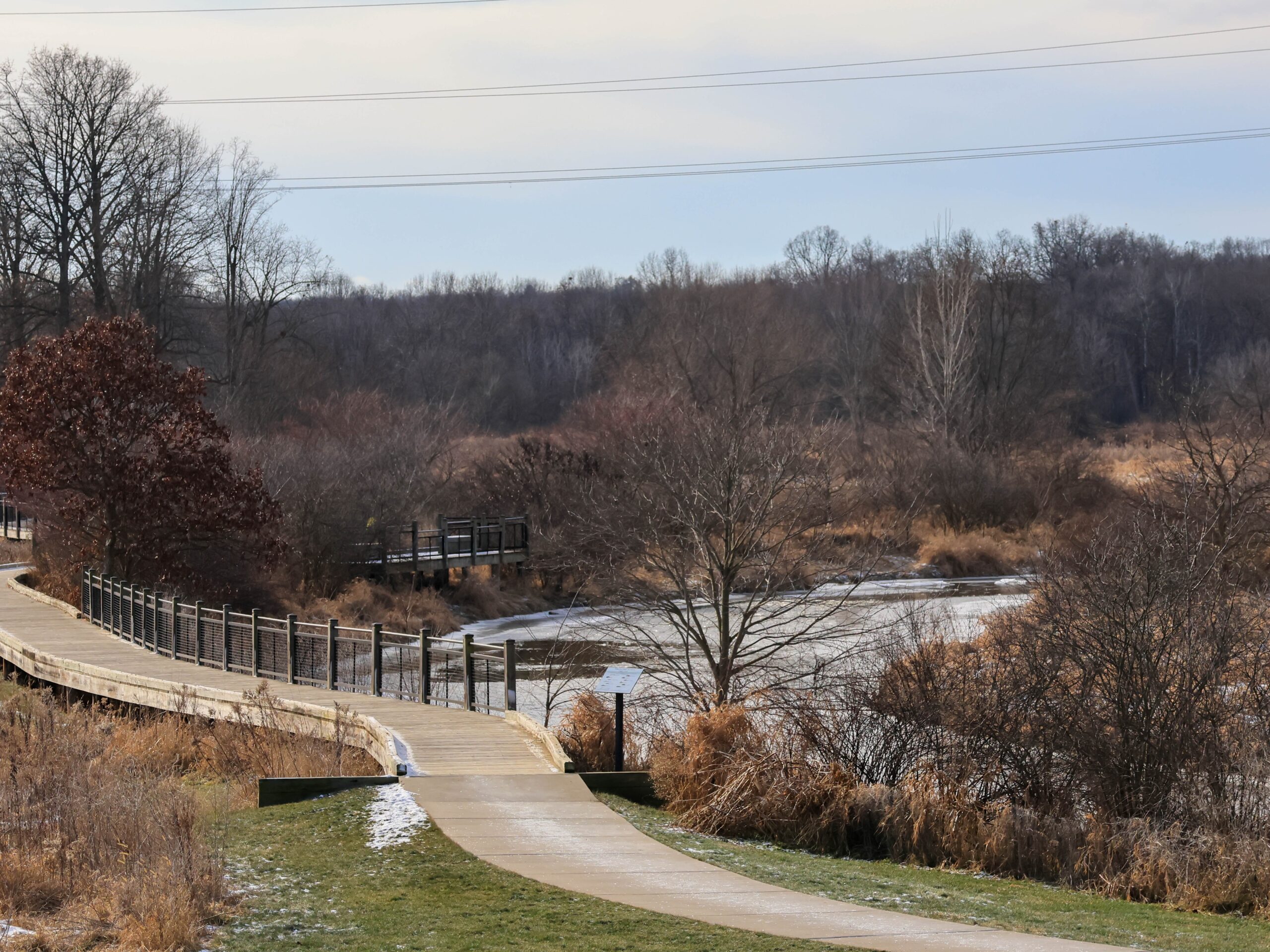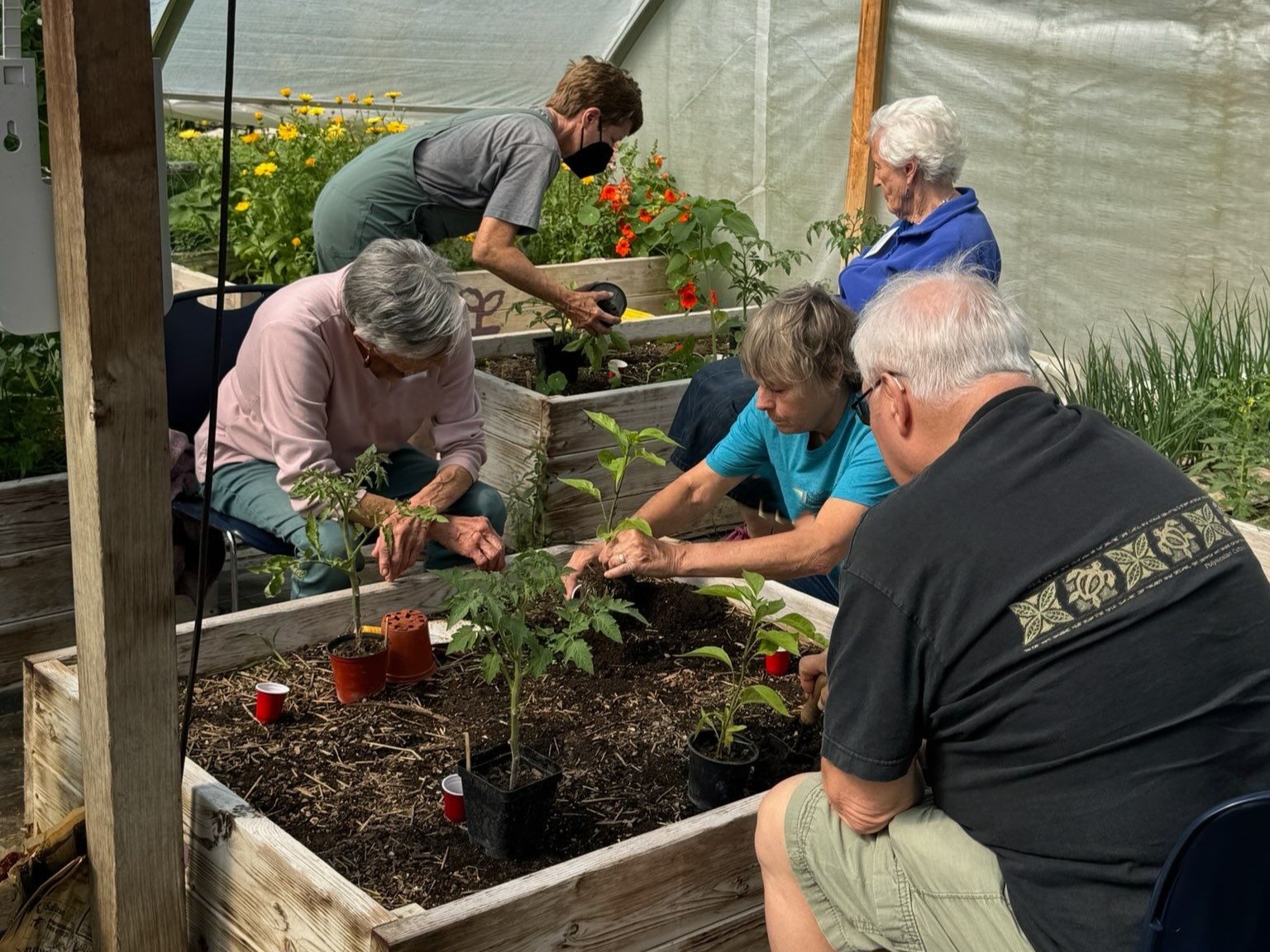A plan to replace struggling trees in Mill Creek Park with resilient Carolina poplars aims to enhance biodiversity and withstand local wildlife pressures.
At the Dexter City Council meeting on March 10, 2025, forest ecologist and Ann Arbor Trout Unlimited volunteer Terry Sharik presented a proposal to replace tree seedlings along Mill Creek. Sharik, a retired professor from Michigan Technological University, emphasized the importance of biodiversity in the reforestation effort.
Sharik explained that the original plantings, initiated in collaboration with Boy Scouts Troop 477 in spring 2024, faced challenges with survival. “About half of those did not make it, mainly because of competition,” he stated. To address this, Sharik proposed replacing the dead trees with Carolina poplars using cuttings from existing trees in the area that had been heavily impacted by beaver activity.
The proposed trees, which grow to about 50-60 feet in height, would be planted inside protective cages to prevent herbivory. “We build these two-foot diameter chicken wire cages with three rebar stakes, and that keeps the beavers out, as well as the rabbits and deer,” Sharik explained.
Council members inquired about concerns regarding allergens from the trees, as a previous planting proposal had been rejected due to fears over cottonwood-related allergies. Sharik clarified that the proposed trees would be male poplars, which do not produce cotton-like seeds. “All spring-flowering trees produce pollen, but there is no scientific evidence that this species produces more allergenic effects than others in the area,” he said.
Council members also asked about the survival of the trees in the flood-prone environment. “I think they will do well,” Sharik responded. “If we had been able to manage the site more actively last time, survival rates would have been higher.”
Regarding the affordability and practicality of using poplars, Sharik highlighted that they root easily from cuttings, making them a cost-effective choice. “This is just a matter of taking cuttings, planting them, and they sprout,” he said. “It’s much cheaper than buying potted plants.”
The council members voiced general support for the initiative.






 8123 Main St Suite 200 Dexter, MI 48130
8123 Main St Suite 200 Dexter, MI 48130


